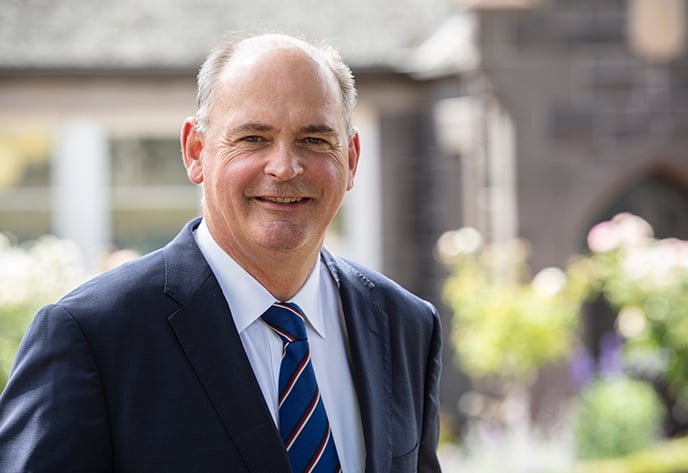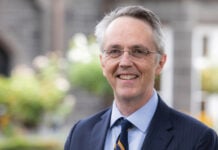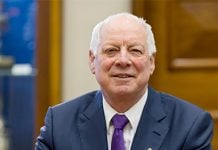Melbourne Grammar School is a place where tradition is respected and valued. Nevertheless, as an educational institution we need to ensure we maintain best practice across all that we do. This is especially true in relation to our academic and co-curricular programs as well as the culture in which they operate.
We have a wide range of strategies to ensure our educational programs continue to be the best they can be and are of their time, and that our community members all have a voice in contributing to the maintenance of a positive culture at the School. Here is a snapshot of just some of these mechanisms.
Towards 2030 sets out the broad strategic agenda for the School. Operational plans which support the objectives stated in Towards 2030 are in place, and outcomes reported on an annual basis.
The development of Towards 2030 is a good example of how a formal consultation process across the School community can work well. Staff, students, parents, Old Melburnians, Council members and others all contributed to the plan with their input shaping the future direction of the School and providing insights into the state of the School’s culture, programs and direction.
We also conduct formal consultation through the LEAD School Effectiveness Survey, administered by Independent Schools Victoria. This survey targets Year 12 students annually as well as students in Years 5 to 11, all parents, and staff every three years. Feedback is sought about a range of parameters including the academic program, quality of teaching and learning outcomes, pastoral care and the School ethos. The three-year cycle gives us a good opportunity to address any issues arising and then measure our success in doing so.
Student leaders and participants in various student committees and groups are another respected source of information. We encourage these young leaders to represent their peers’ views, speak up about issues, and recognise and celebrate what is working well. We ask them to serve as role models, ensuring that every student feels that they have a voice at the School.
Then there are the thousands of daily micro-exchanges within the classroom, when teachers are on yard duty, during staff meetings and at parent functions. The insights gained through these interactions increase the richness of our understanding of our culture and the effectiveness of our programs.
Parents are also an integral part of the partnership in which feedback and discussion are encouraged. This may be via formal school reports, parent teacher nights, information evenings, letters, email and individual meetings. The stronger the partnership between the student, parent and school, the greater the outcomes for all.
While VCE results and NAPLAN results are clear indicators of the success of our academic program, they don’t adequately reflect our students’ learning journeys. This is why we regularly review each student’s academic progress, involvement in broader activities, and the development of their relationships with others.
Beyond this, teachers are continually reflecting on their own practice through faculty reviews and their own professional development, asking questions such as: Are we teaching the curriculum effectively? Are students gaining the insights, knowledge and skills we are hoping they will?
We regularly look outside the School for best practice examples that we can draw upon by reviewing research papers, regularly attending professional conferences and workshops.
Recent curriculum reviews have led to several updates. Next year we will be introducing a new Year 7 – 10 curriculum which we believe will better meet the needs of our students. Similarly, a review of our Outdoor Education program in 2023 led to the introduction of an improved Prep – Year 12 program this year.
And a review of the APS Sport program is currently underway. Involving all APS schools, it aims to respect the unique heritage of APS Sport and ensure the ongoing program is aligned with the evolving understanding of the role of sport and physical education in student health and wellbeing and that it continues to provide opportunities across summer, winter and spring for all Year 5 – 12 students to be part of a team in a sport of their choosing at a level at which they wish to compete.
The sign of a strong organisation is its willingness to be reflective, to ask questions about itself and to invite feedback and input from all stakeholders within that organisation. While we can always do better, I believe the mechanisms we have in place to monitor and change our programs provide a strong basis for maintaining excellence at Melbourne Grammar School.
Philip Grutzner
Headmaster



